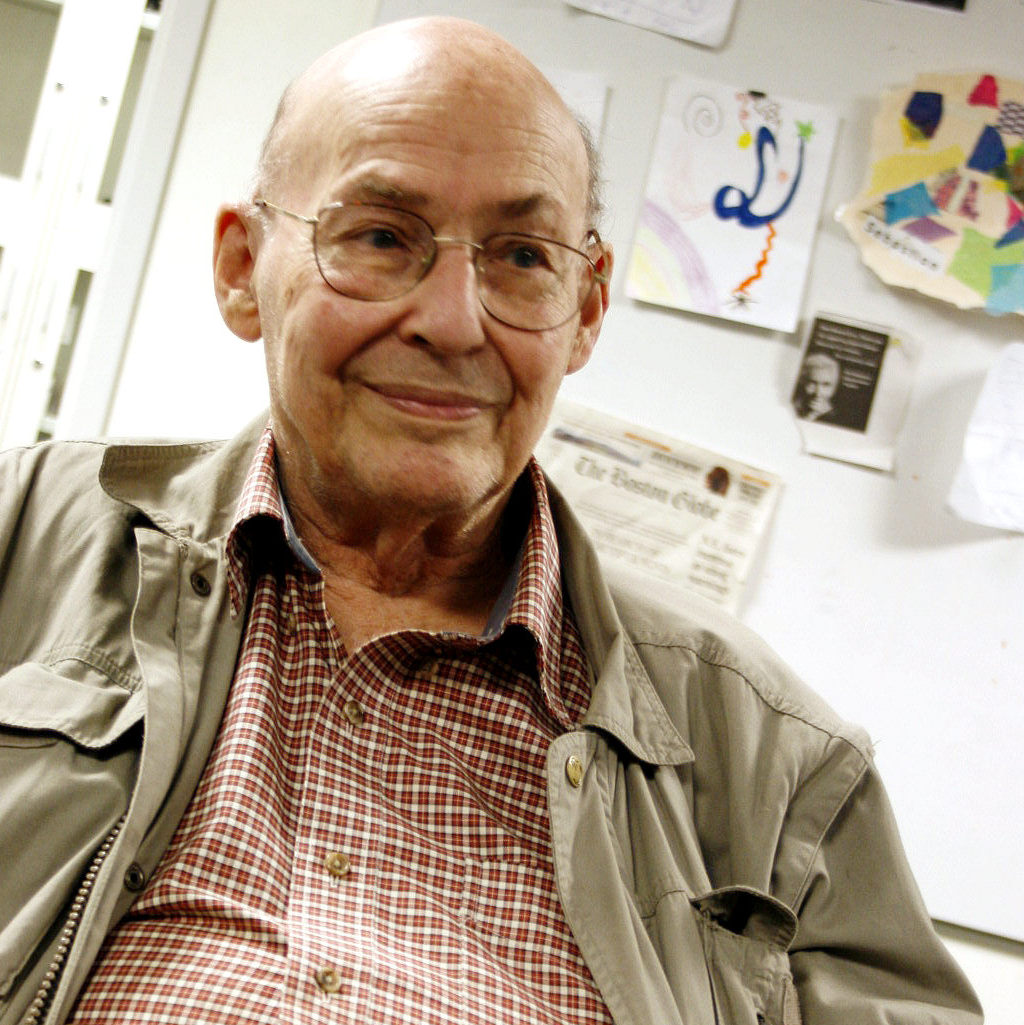Music, Mind and Meaning by Marvin Minsky is a gold mine of inspired speculation about the origins and functions of music. I’ve assembled some choice quotes below.
If visual art is our way of playing with and studying space, then music is our way of playing with and studying time.
Can one time fit inside another? Can two of them go side by side? In music, we find out!
Minsky is talking mostly about western classical music here, but his insight is equally pertinent to listening to and playing repetitive music from any tradition: hip-hop, dance, what have you.
Music is not just an intellectual tool; it also helps us manage our emotions. This is probably its most important evolutionary function.
When thoughts are painful we have no way to make them stop. We can attempt to turn our minds to other matters, but doing this (some claim) just submerges the bad thoughts. Perhaps the music that some call ‘background’ music can tranquilize by turning under-thoughts from bad to neutral, leaving the surface thoughts free of affect by diverting the unconscious. The structures we assemble in that detached kind of listening might be wholly solipsistic webs of meaninglike cross-references that nowhere touch “reality.” In such a self-constructed world, we would need no truth or falsehood, good or evil, pain or joy. Music, in this unpleasant view, would serve as a fine escape from tiresome thoughts.
Hearing music is like seeing an environment.
When we enter a room, we seem to see it all at once; we are not permitted this illusion when listening to a symphony. “Of course,” one might declare, for hearing has to thread a serial path through time, while sight embraces a space all at once. Actually, it takes time to see new scenes, though we are not usually aware of this. That totally compelling sense that we are conscious of seeing everything in the room instantly and immediately is certainly the strangest of our “optical” illusions.
Music, too, immerses us in seemingly stable worlds! How can this be, when there is so little of it present at each moment? I will try to explain this by (1) arguing that hearing music is like viewing scenery and (2) by asserting that when we hear good music our minds react in very much the same way they do when we see things.’ And make no mistake: I meant to say “good” music! This little theory is not meant to work for any senseless bag of musical tricks, but only for those certain kinds of music that, in their cultural times and places, command attention and approval.
Edward Fredkin suggested to me the theory that listening to music might exercise some innate map-making mechanism in the brain. When I mentioned the puzzle of music’s repetitiousness, he compared it to the way rodents explore new places: first they go one way a little, then back to home. They do it again a few times, then go a little farther. They try small digressions, but frequently return to base. Both people and mice explore new territories that way, making mental maps lest they get lost. Music might portray this building process, or even exercise those very parts of the mind.
A lot to ponder.

